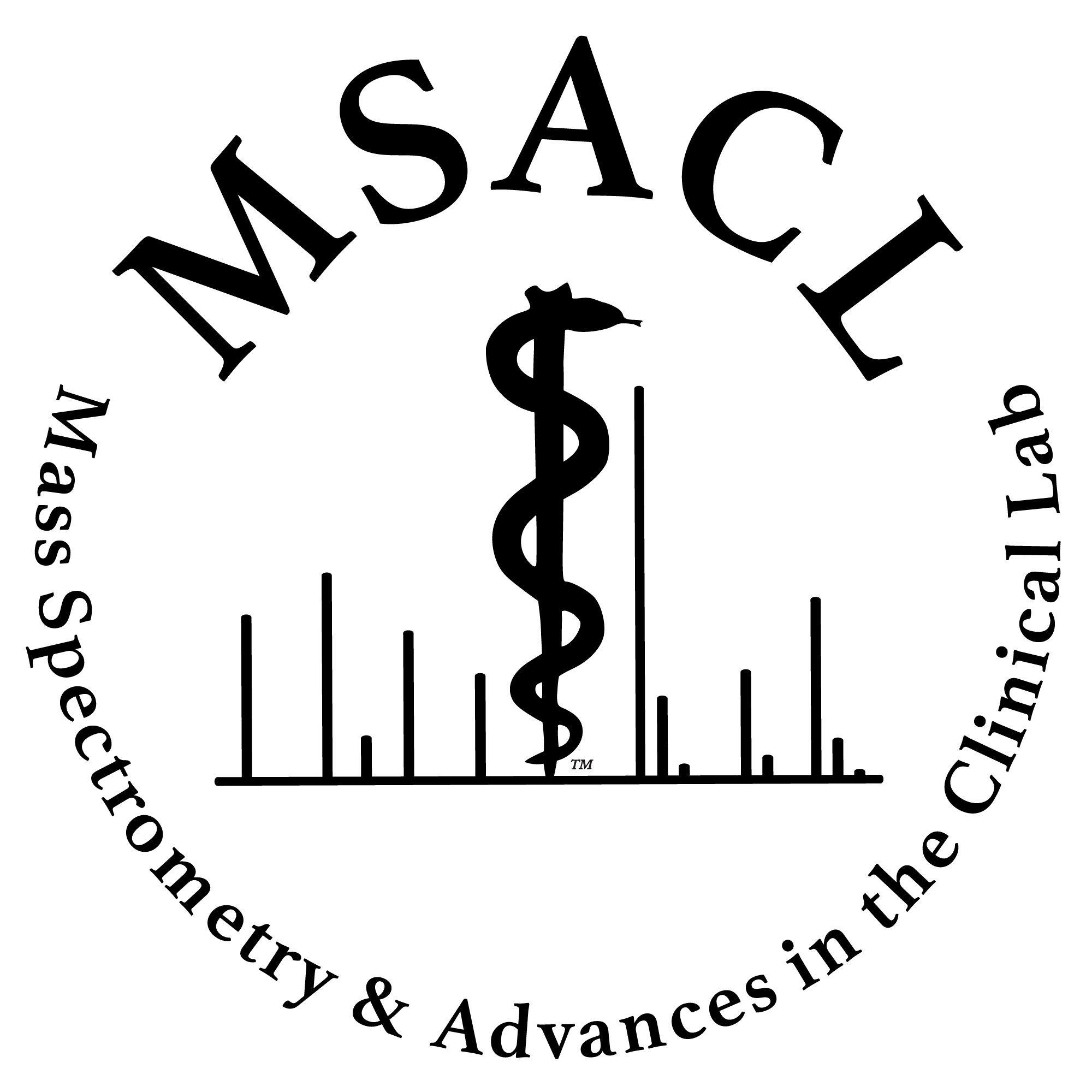|
Abstract Introduction: The repertoire of small molecules circulating in human blood represents an extensive functional readout of the body’s physiology and response to environmental exposures. To date, the extensive catalogue of circulating small molecules has only been assayed in relatively small populations of individuals.
Methods: We describe here the development of rapid liquid chromatography-mass spectrometry (rLC-MS) based methods and machine learning based spectral data handling approaches that enable non-targeted analysis of blood samples from over 50,000 individuals across diverse backgrounds, demographics, geographical locations, and lifestyles.
Results: Our rLC-MS technologies mapped tens of thousands of circulating molecules across the 50,000 individuals. Among these molecules, ~3,000 were deemed “universal” and were present in virtually everyone, while ~12,000 molecules were found to be “common” and present in greater than 50% of individuals within any population. Among common molecules, some were found to be highly stable in humans, likely reflecting evolved homeostatic modulation, while others were highly variable, independent of technical variations, across humans. Circulating small molecules were further found to change over the course of 24 hours with fasting and feeding, circadian, and rest-exercise cycles, but were stable under first-in-the-morning fasting states, even over several years’ time. Analysis of twin pairs revealed that environmental factors influence circulating molecules to a greater extent than genetic factors, consistent with circulating chemistry largely reflecting exogenous exposures. Among exposures, the human microbiome was found to be a critical determinant of circulating small metabolites.
Conclusions: Comprehensive mapping of circulating small molecules in humans is possible and has the potential to uncover critical determinants of health and disease. The rLC-MS technologies and resulting human studies represent a foundation from which to expand our understanding of human biology.
|

